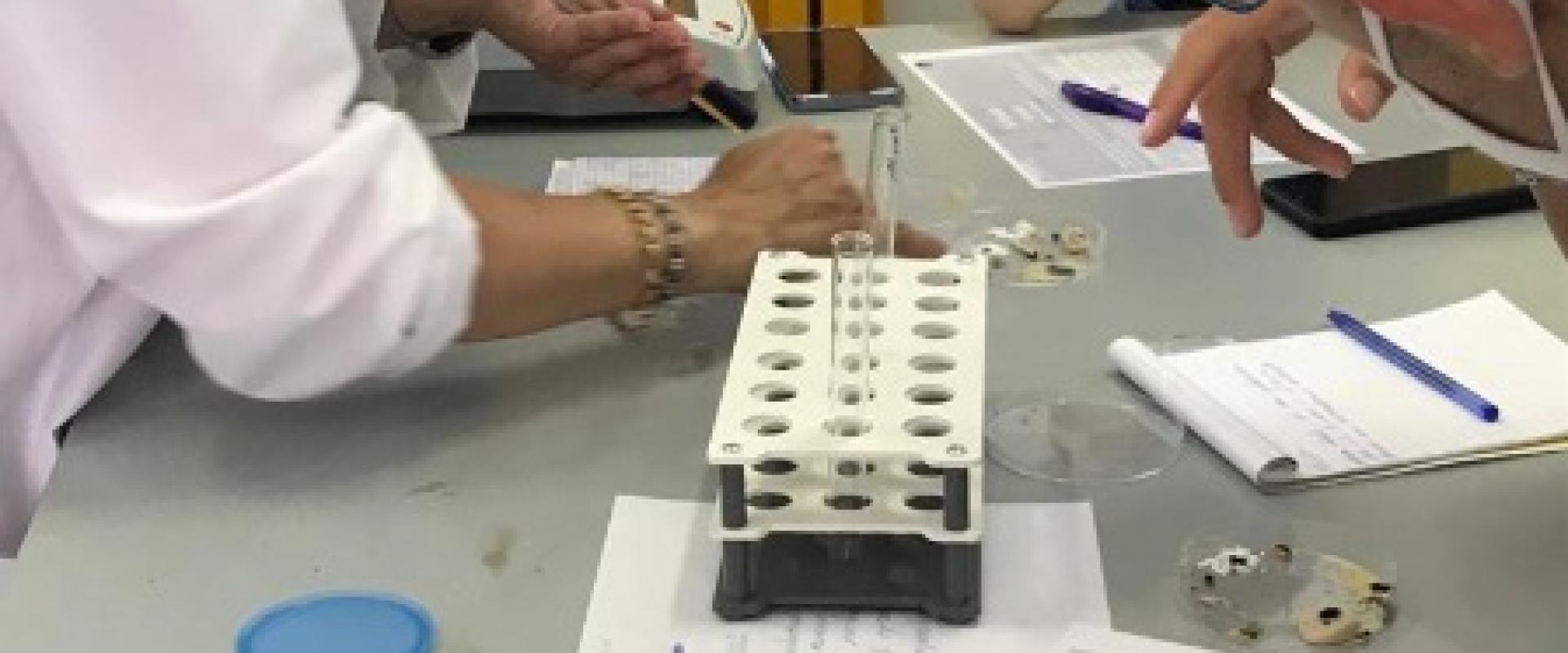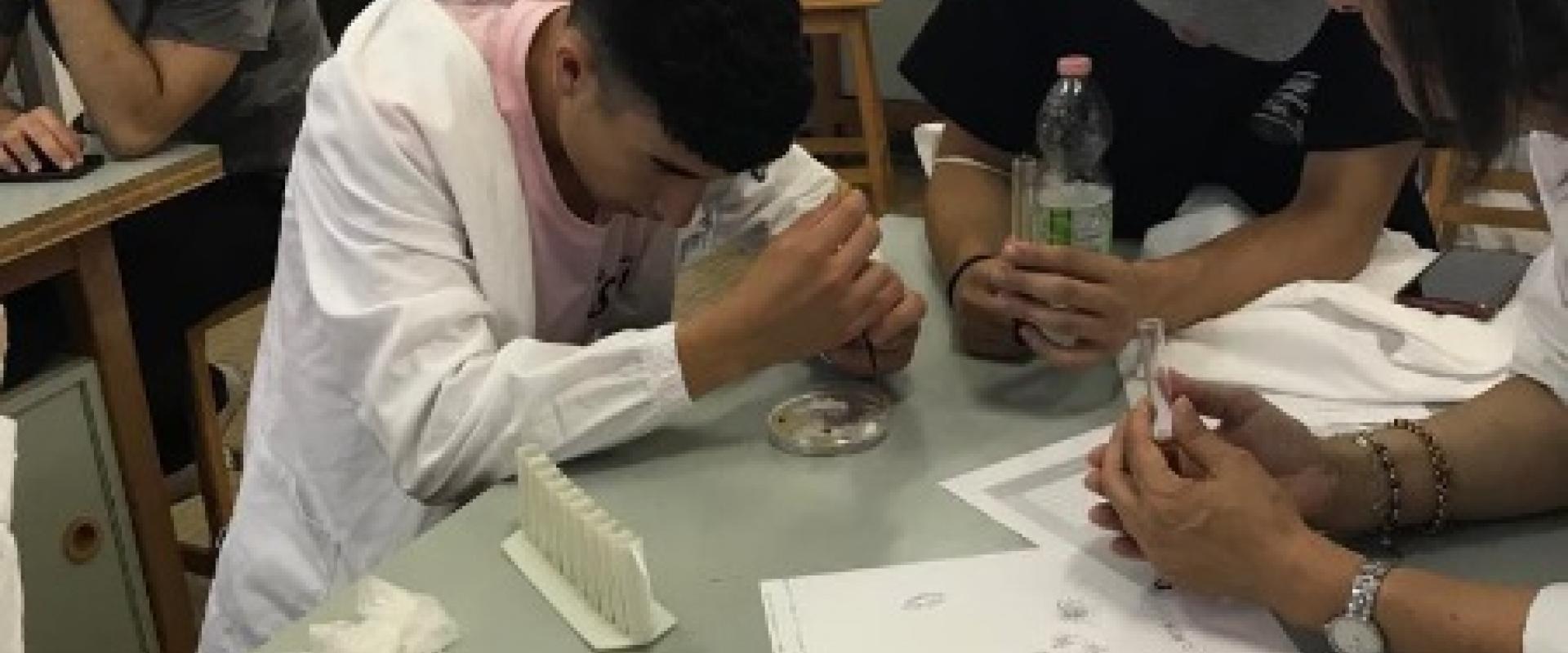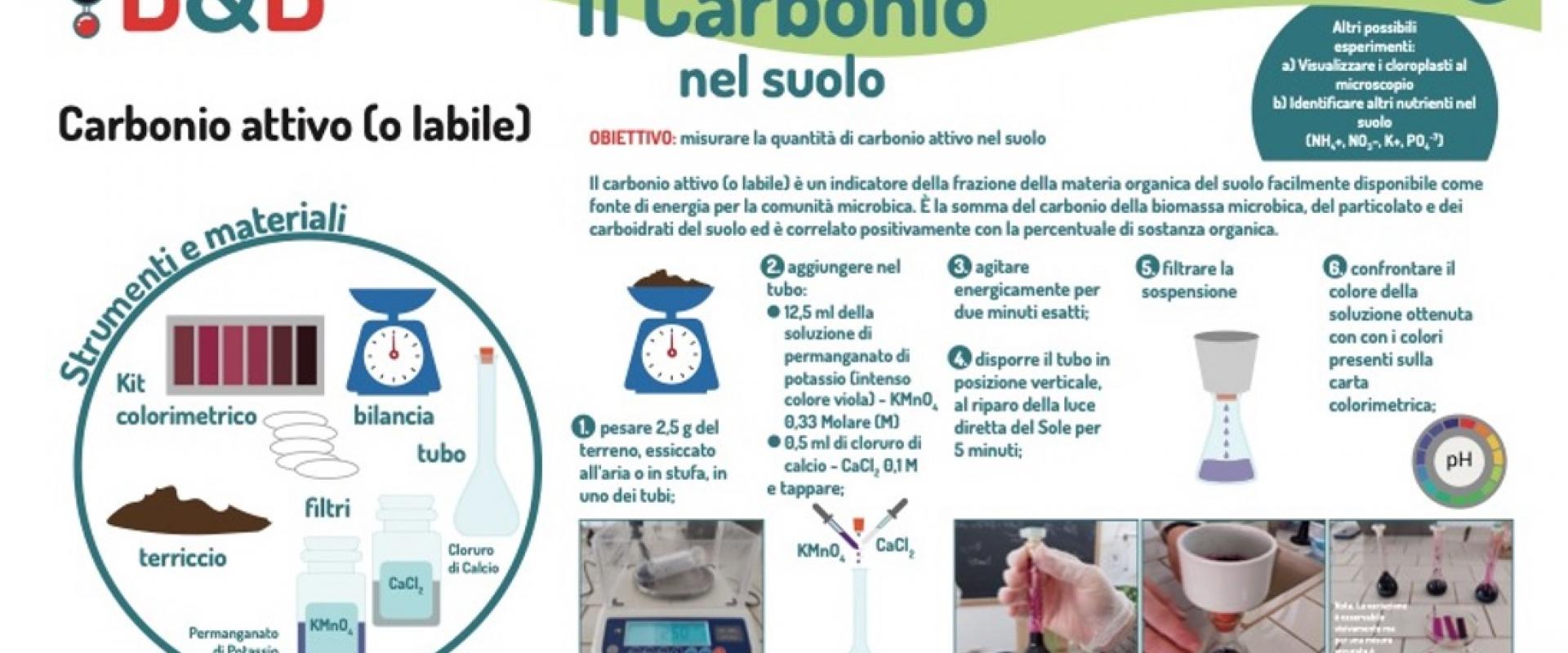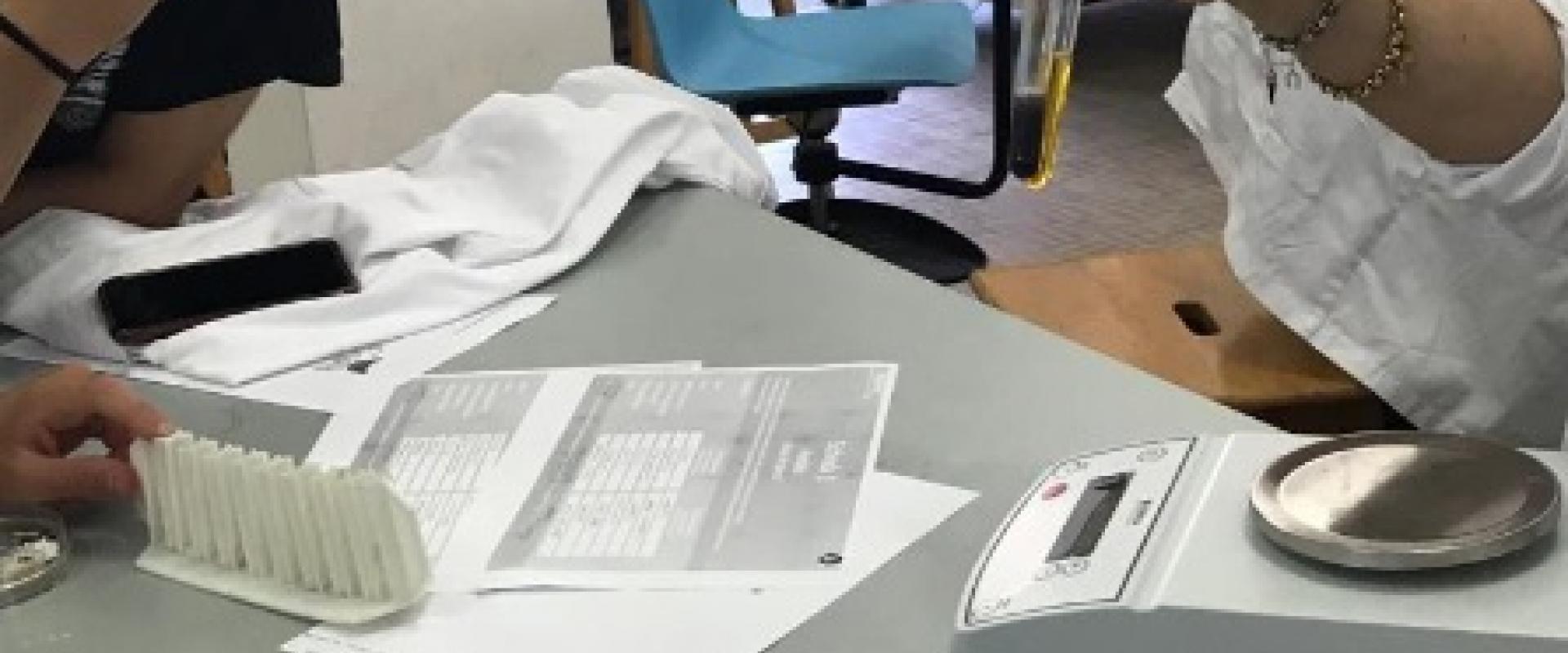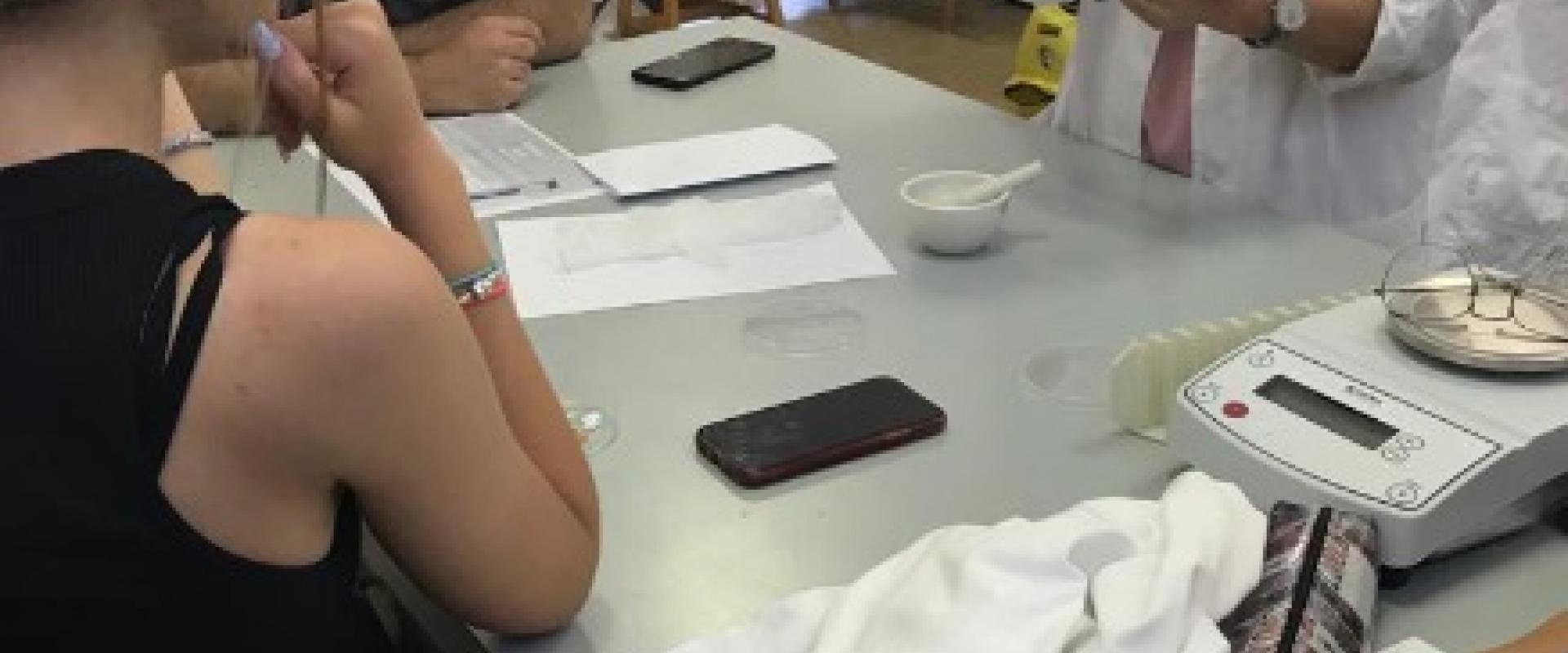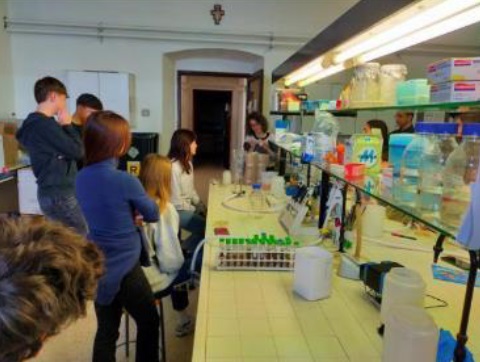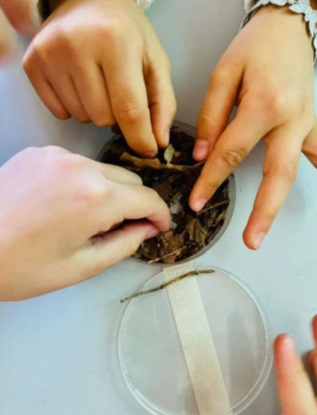Carbon Cycle, Soil and Biodiversity within Italian students
Description
Age of pupils: 15-16 years
The aim of the project was to explore soil-related topics, a subject that is scarcely or not at all present in the Liceo school curricula, as part of an institute project that addressed biodiversity and life on Earth, as identified in various targets of Goal 15 of Agenda 2030. In particular, the importance of soil, the dangers of its loss and degradation, desertification, the loss of the most important nutrients from organic carbon and other elements essential for soil fertility were addressed.
Target: It’s a recurring program and it’s dedicated to 15-16 years old students. 110 students were involved .
Activities
In the first activity, an interactive lesson was held in the school's science lab, in which geospheres were discussed, focusing on the lithosphere and in particular the soil, delving into the mechanisms that regulate the carbon cycle, and the effects on biodiversity due to its alterations that alter soil fertility.
Various laboratory activities were then carried out:
- Seed sowing under various soil and climate conditions (changing soil characteristics) in order to verify the best conditions to optimise seed germination and related plant growth;
- Laboratory analysis to detect active carbon (organic carbon, which is an index of soil fertility) and inorganic carbon (essentially the presence of Calcium Carbonate);
- Sowing of soil and compost samples on a plate in order to observe the microbiome present under an optical microscope.
Methodology: Lectures, workshop experiences, brainstorming, peer tutoring, cooperative learning, watching videos
Subjects: Natural, Chemical and Biological Sciences, Civic Education
United Nations Sustainable Development Goals: 15 Life on Earth, 4 Quality education for all
Output:
- Interactive video lessons that can be used in other years;
- Fact sheets on laboratory experiences;
- Photos and videos of the experience;
- Interactive questionnaire (kahoot) for skills activation.
Tools: Laboratory reagents for C-analysis, microscopes, laboratory glassware, hardware and software for photo and video documentation, online resources for further study.
Outcomes:
- Respect the environment, take care for it, preserve it, improve it, assuming the principle of responsibility;
- Make choices of participation in public life and citizenship in line with the sustainability objectives sanctioned at EU level through the 2030 Agenda for Sustainable Development;
- Work in favour of eco-sustainable development and the protection of the country's identities and productive excellence.
Activities
The aim of the project was to explore soil-related topics, a subject that is scarcely or not at all present in the Liceo school curricula, as part of an institute project that addressed biodiversity and life on Earth, as identified in various targets of Goal 15 of Agenda 2030.
